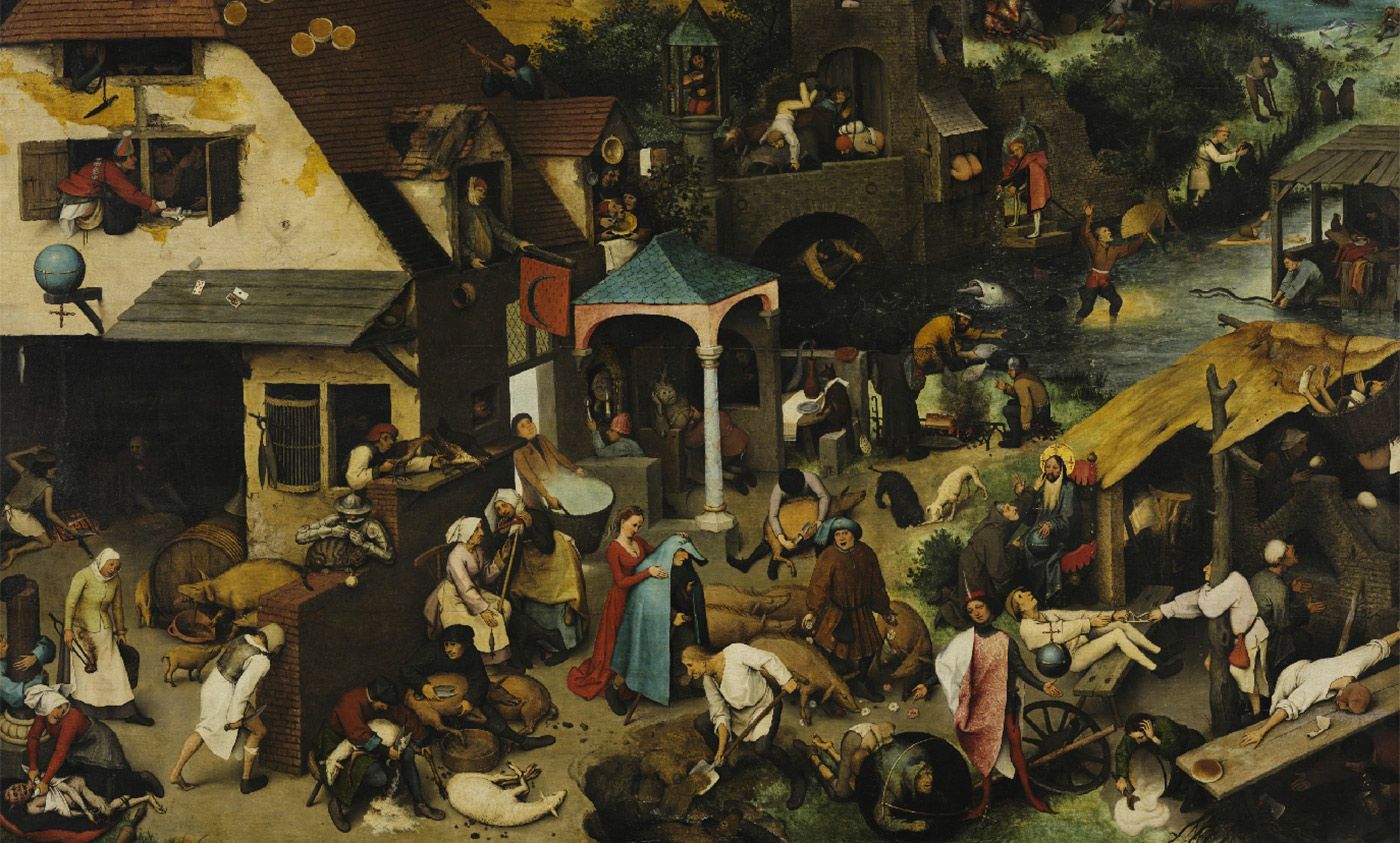Featured speaker: Rebecca Chan
"When you see someone weeping in sorrow because his child has gone away, or because he has lost his possessions, take care that you’re not carried away by the impression that he is indeed in misfortune because of these external things, but be ready at once with this thought, 'It isn’t what has happened that so distresses this person—for someone else could suffer that same without feeling that distress—but rather the judgment that he has formed about it.' As far as words go, however, don’t hesitate to sympathize with him, or even, if the occasion arises, to join in his lamentations; but take care that you don’t also lament deep inside." (Epictetus, Handbook 16)
You may find this quote strikingly callous and perhaps borderline sociopathic. How could Stoicism, the philosophical tradition behind it, have caught on in the ancient world? How can it be making a modern-day resurgence? In this salon, we'll explore the basics of the Stoic worldview and what the sentiment behind this quote represents. We'll also investigate current connections between Stoicism, Silicon Valley, cognitive processing therapy, marginalized groups, and teaching Stoicism to today's college students.
Rebecca is Assistant Professor of Philosophy at San José State University, with research interests in philosophy of law, philosophy of religion, and applied ethics.
Related readings and resources






This salon took place November 17, 2019.


